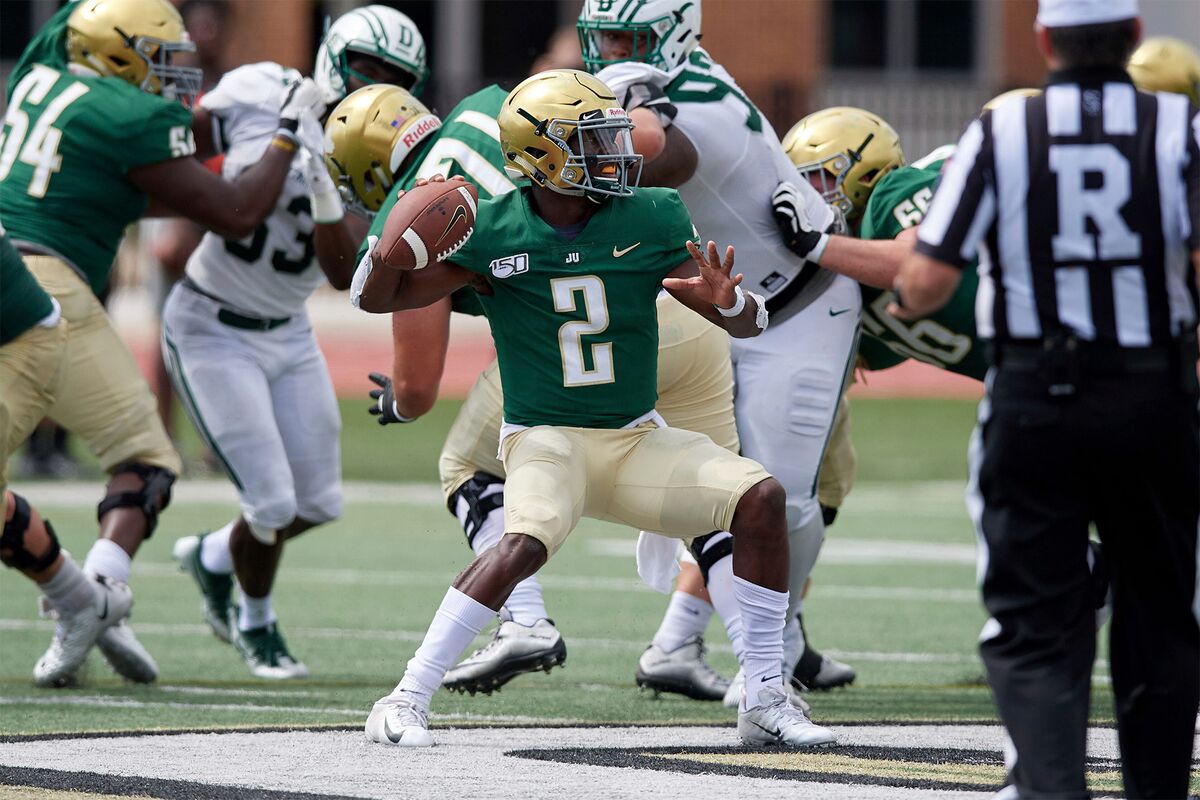- Joined
- Feb 18, 2016
- Messages
- 3,646
- Reaction Score
- 12,024
Dartmouth just announced that it's eliminating five sports permanently as well, affecting more than a hundred "student-athletes":
"Dartmouth announced this afternoon that it will eliminate the men’s and women’s golf, men’s lightweight rowing and men’s and women’s swimming and diving programs, effective immediately, in order to increase flexibility in admissions and ease its budget deficit...
This will "reduce the number of recruited athletes in each incoming class by 10 percent. "

 www.thedartmouth.com
www.thedartmouth.com
Tellingly, the college president stated that, “athletic recruitment at Dartmouth has begun to impact [the College’s] ability to achieve the right balance between applicants who are accomplished in athletics and applicants who excel in other pursuits.”
In other words, this top-quality institution is tired of having to turn away brilliant and talented young people in favor of golfers and swimmers who may not be the sharpest knives in the drawer.
One has to wonder whether Covid-19 is putting an end to the primacy of sports on college campuses. If not just financially struggling public universities like UConn, but also richly endowed private institutions like Stanford and Dartmouth, are saying "enough," perhaps we're entering a new era.
I'm guessing that women's basketball will survive. After all, there are only about a dozen athletes per team. And with Title IX, universities are supposed to offer equal opportunities in sports to both men and women. But times have changed...
"Dartmouth announced this afternoon that it will eliminate the men’s and women’s golf, men’s lightweight rowing and men’s and women’s swimming and diving programs, effective immediately, in order to increase flexibility in admissions and ease its budget deficit...
This will "reduce the number of recruited athletes in each incoming class by 10 percent. "

Dartmouth cuts five sports teams and closes Hanover Country Club
Dartmouth announced this afternoon that it will eliminate the men’s and women’s golf, men’s lightweight rowing and men’s and women’s swimming and diving programs, effective immediately, in order to increase flexibility in admissions and ease its budget deficit. In addition, the Hanover Country...
Tellingly, the college president stated that, “athletic recruitment at Dartmouth has begun to impact [the College’s] ability to achieve the right balance between applicants who are accomplished in athletics and applicants who excel in other pursuits.”
In other words, this top-quality institution is tired of having to turn away brilliant and talented young people in favor of golfers and swimmers who may not be the sharpest knives in the drawer.
One has to wonder whether Covid-19 is putting an end to the primacy of sports on college campuses. If not just financially struggling public universities like UConn, but also richly endowed private institutions like Stanford and Dartmouth, are saying "enough," perhaps we're entering a new era.
I'm guessing that women's basketball will survive. After all, there are only about a dozen athletes per team. And with Title IX, universities are supposed to offer equal opportunities in sports to both men and women. But times have changed...

